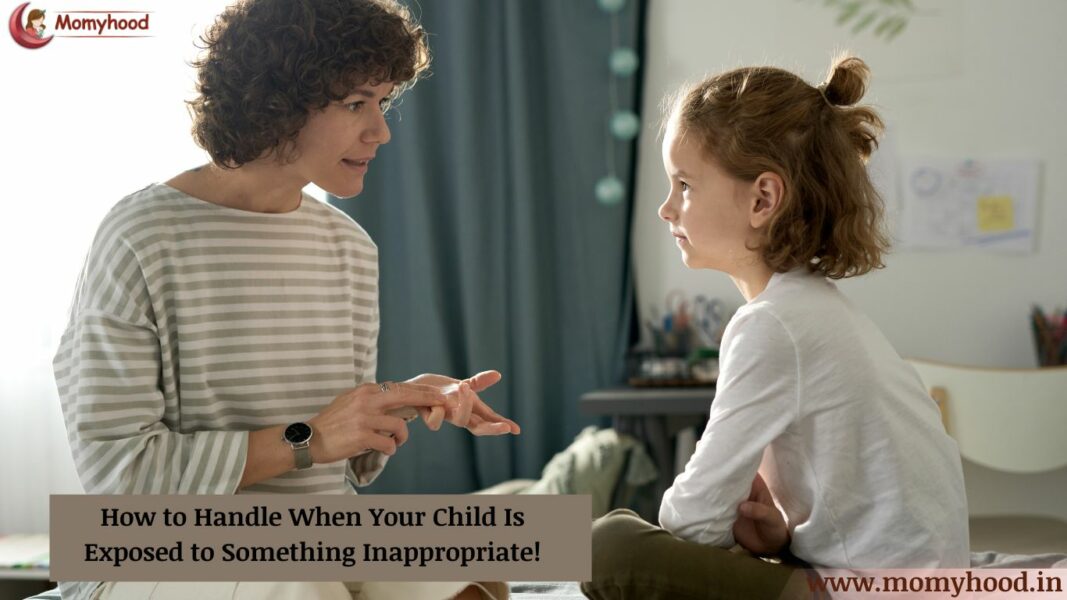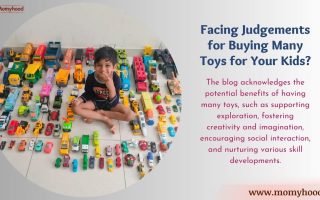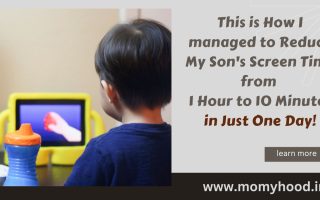I can imagine the shock and devastation you’re feeling right now. I’ve been in your shoes. When I found out that my 10-year-old daughter had been exposed to pornography, my heart sank. I had so many questions racing through my mind: How did this happen? What does this mean for my child? And, like you, I felt like a failure as a mother. I wondered, Am I doing enough?
Let me tell you right now—you are not failing your child. We, as parents, can’t always protect them from everything in this world. But we can guide them. It’s all about how we handle the situation moving forward. If you’re feeling lost or unsure of how to approach this, I want to share what helped me through it, and hopefully, it can offer some comfort and clarity.
Take a Breath
When I first found out, I was overwhelmed with emotions. It felt like a slap in the face, and my first instinct was to overreact—take her phone away, punish her, shut down the internet. But I paused. I took a deep breath and reminded myself that the real issue was how we would deal with this together, not my initial reaction. It’s important to stay calm and approach the situation with a clear mind, so you can guide her through it.
I want you to remind yourself that you’ve got this. Parenting doesn’t come with a manual, and this is just another challenge that we’ll figure out, one step at a time.
Have an Open, Honest Conversation
One of the most important things I did was sit down with my daughter and talk to her. But here’s the key: I approached the conversation with understanding, not judgment. I didn’t want her to feel ashamed or scared to talk to me in the future. I gently asked her what she had seen, how she felt about it, and whether she understood it. It turned out that she didn’t fully understand what she was looking at, and that was a relief.
This is your chance to be open about the reality of what she encountered. It’s not about pointing fingers or making her feel guilty—it’s about making sure she understands that what she saw was not something she should be exposed to at her age. I emphasized that real relationships are built on respect, love, and understanding, not the unrealistic images she might have seen.
Set Clear, Compassionate Boundaries
Once we talked, I knew I had to set some boundaries, but I didn’t want to come down too hard. Instead of punishing her or making her feel like she couldn’t use technology, we talked about how we could be more careful moving forward. We agreed on some new rules about screen time, and I introduced parental controls to help monitor what she was viewing.
📣 Loved what you read? Want to go deeper into conscious parenting? ✨ The Power of Manifestation in Parenting is now available — A soulful guide packed with real-life tools like affirmations, energy shifts, and sleep talk that I personally use with my son, Hitarth. 💛 Start your journey toward calmer, connected parenting today. 🎉 Launch Offer: Only ₹99 (limited-time price!) 📲 Instant download. No waiting. 👉 Grab your copy now!.
It wasn’t about restricting everything. I wanted to make sure she could enjoy the benefits of technology, like learning and entertainment, but in a safer environment. You can do the same—set up a system that allows your child to learn and grow online, while also protecting her from harmful content.
Don’t Forget to Reassure Her (And Yourself)
After our talk, I made sure to reassure my daughter that she hadn’t done anything wrong by being curious. It was normal to have questions, but what she saw online wasn’t the right way to learn about relationships and intimacy. I also made sure she knew that if she ever came across something like that again, she could come to me without fear of judgment.
And while you’re reassuring her, mama, don’t forget to reassure yourself. It’s easy to feel like you’ve failed, but the fact that you’re addressing the situation shows that you care deeply. No parent is perfect, and we all make mistakes. The important thing is how we respond. You’re doing your best, and that’s enough.
Keep the Lines of Communication Open
This conversation is not a one-time thing. We need to keep talking, especially as our kids grow older and their curiosity evolves. I check in with my daughter regularly—not just about what she’s seeing online, but about her life in general. This creates an environment where she feels comfortable coming to me with questions about anything.
It’s okay to have these awkward conversations. The more you do it, the easier it becomes for both of you. Don’t shy away from addressing the tough topics. They’re part of growing up, and it’s our job to help guide them through it.
Help Her Process Her Emotions
Exposure to pornography at a young age can be emotionally confusing. I encouraged my daughter to talk about how she felt after seeing what she did. It was important for her to express any confusion, discomfort, or curiosity. I assured her that it was okay to feel unsure or upset, and that we could work through those feelings together.
If your child seems confused or upset, take the time to listen to her. Let her know that it’s natural to feel that way, and that her feelings are valid. This is an opportunity for both of you to grow emotionally and develop a stronger bond.
Seek Support If You Need It
Parenting doesn’t come with a manual, and if you’re feeling overwhelmed, it’s okay to ask for help. Whether it’s talking to other parents, seeking advice from a professional, or just confiding in a friend, you don’t have to navigate this on your own. We all need support, and there’s no shame in seeking it.
You Are Doing Your Best
Lastly, I want to remind you that this doesn’t make you a bad parent. It makes you a parent who is trying to protect her child and help her understand the world better. Don’t beat yourself up. Every parent has moments where they feel like they’ve failed, but those moments don’t define you. What defines you is your love, your willingness to learn, and your ability to guide your child with compassion.
You’re doing great, mama. Take it one step at a time. You’ve got this. And remember, you are not alone—there is always help, and there is always hope.
Your comments and shares do more than just support our blog—they uplift the amazing moms who share their stories here. Please scroll down to the end of the page to leave your thoughts, and use the buttons just below this line to share. Your support makes a big difference!



